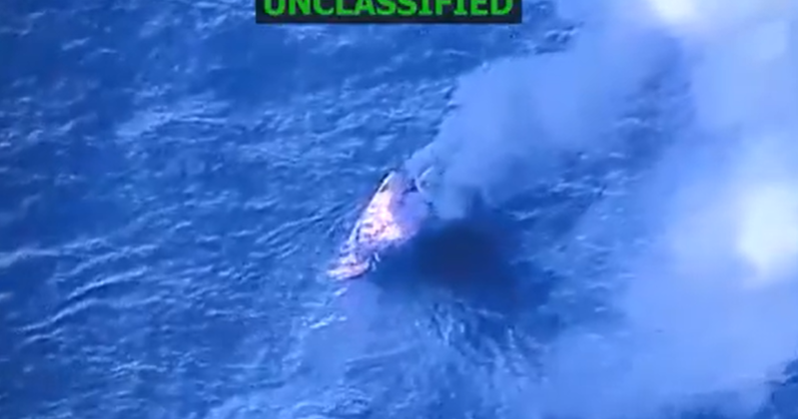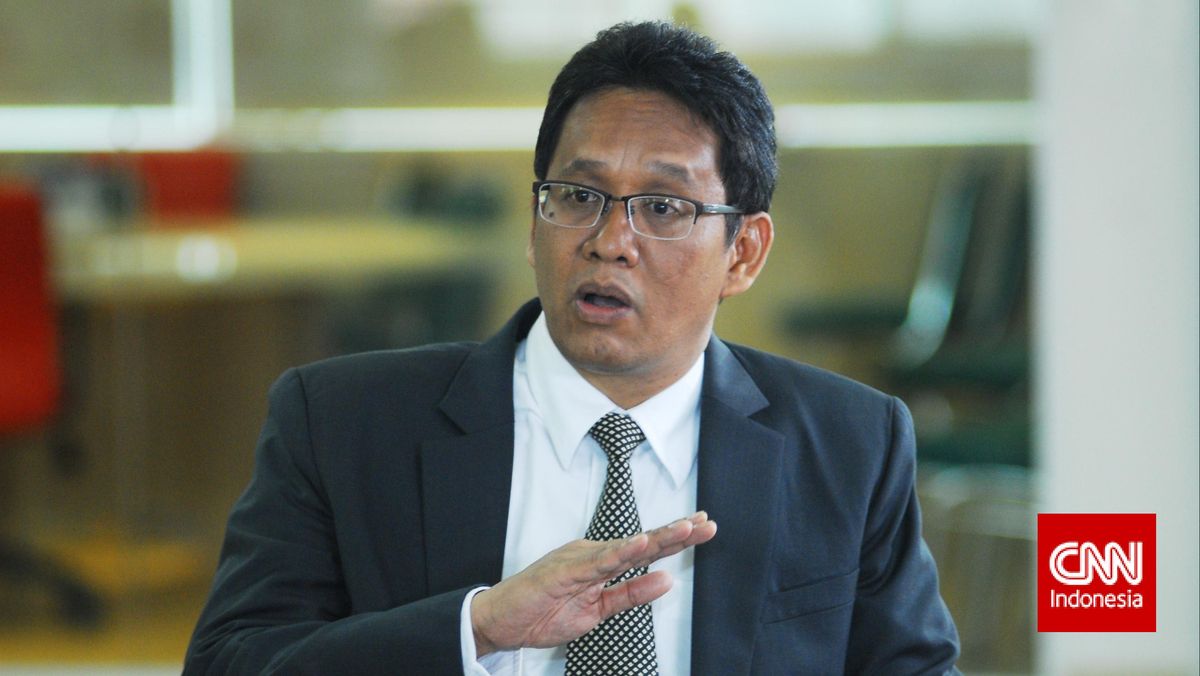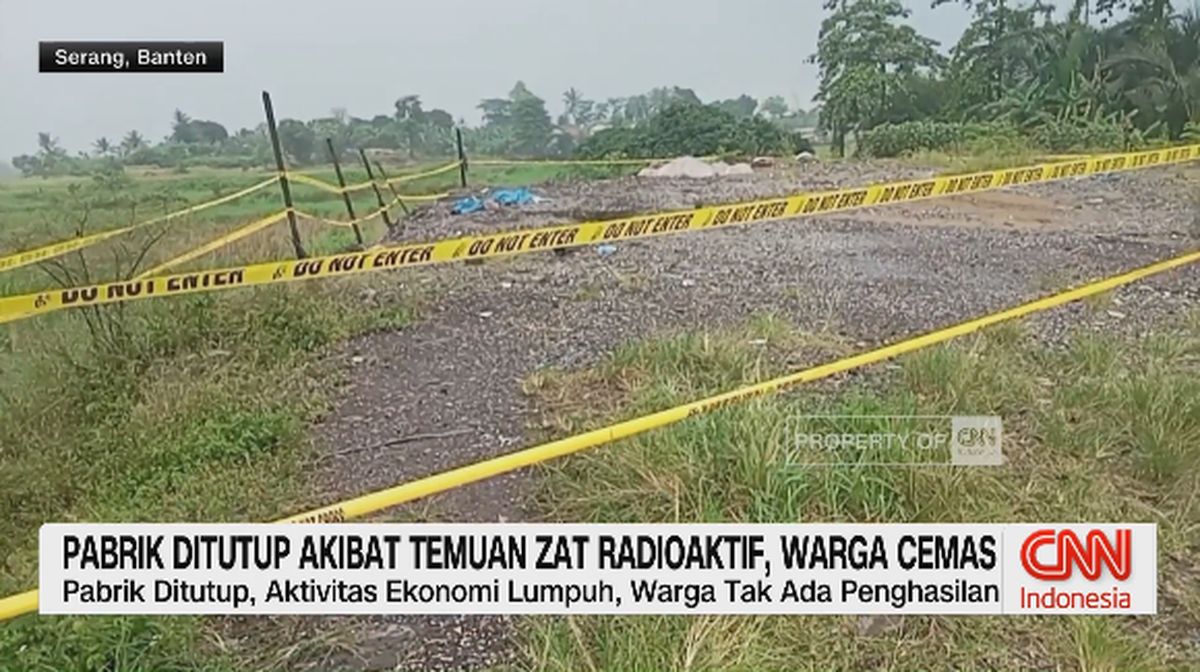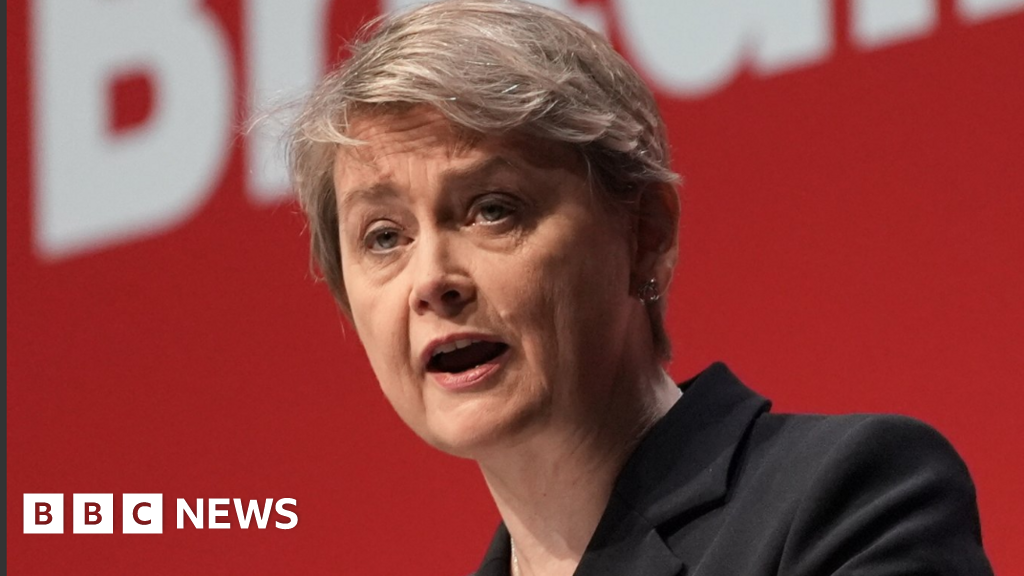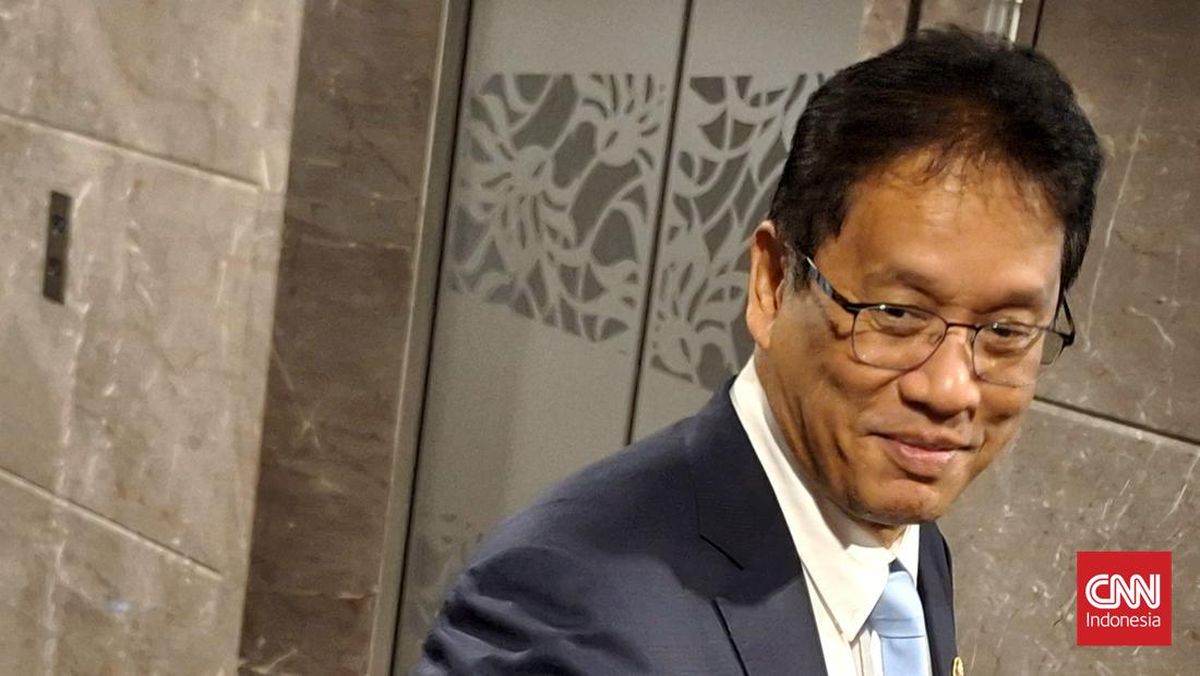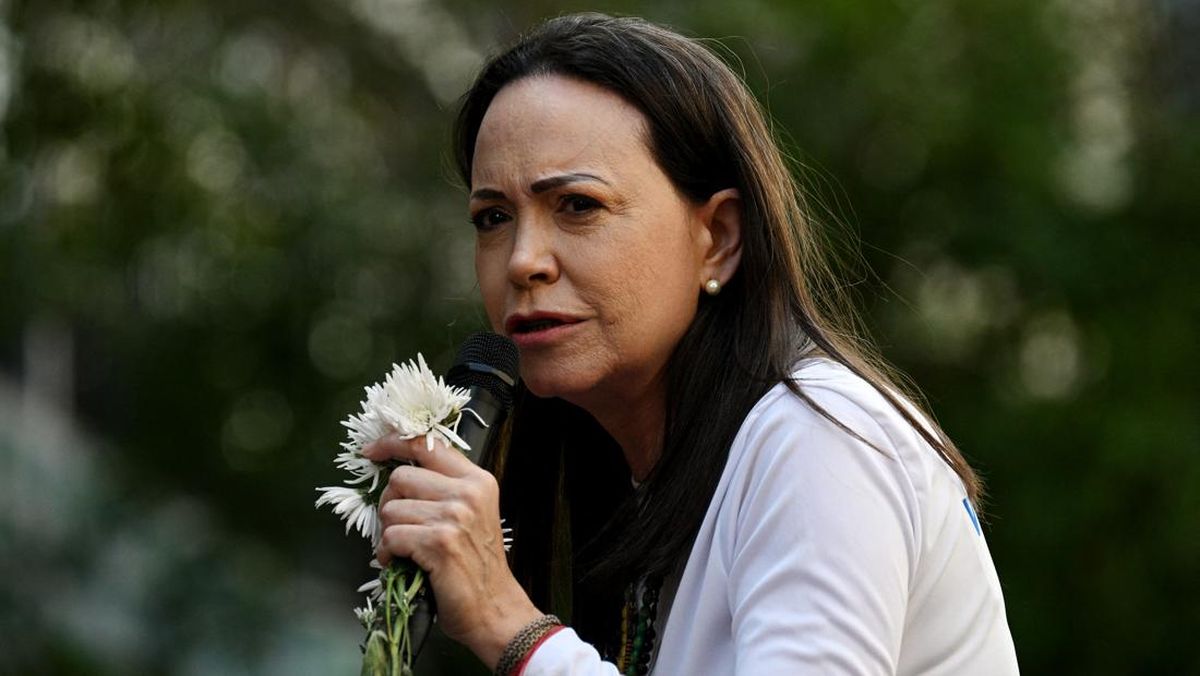“Our sub-branches are the lifeblood of RSL NSW, and we should be supporting them to thrive, not spreading fear among them,” Bainbridge wrote.
RSL NSW wrote to sub-branches on Friday night “emphatically” rejecting Bainbridge’s claims.
“The Board has been working with the DPC since August in response to concerns about director conduct, behaviour, and associated workplace health and safety risks, and remains committed to following the appropriate procedures as outlined in the RSL NSW Constitution,” the message said.
“The Supreme Court proceedings initiated by the President … have delayed this process.”
Removing a director from the RSL NSW board can only be done at a joint sitting of the board and the District Presidents’ Council, and a 75 per cent vote in favour of the resolution.
However, documents seen by the Herald indicate Bainbridge and James have been laying the ground for months for a parliamentary inquiry intended to result in all sub-branch property being centralised at Anzac House Trust, where Bainbridge is on the board of management.
Bainbridge and James have spoken openly about their close connection to Premier Chris Minns, who travelled through Young Labor with James.

NSW RSL president Mick Bainbridge (left), Premier Chris Minns and Paul James, NSW RSL board member and Bainbridge’s business partner.Credit: Facebook
About 40 per cent of RSL NSW sub-branches are running at a loss, and around a quarter face closure within five years, while the richest 15 sub-branches hold 71 per cent of the organisation’s property assets.
The viability of RSL NSW as a whole is reliant on the completion of its sale of the Hyde Park Inn and an adjoining property to a developer for a sum originally agreed at $95 million.
RSL NSW has been working on four options to ensure the organisation’s continued viability. The management team has recommended to the board that all assets be consolidated and managed through a central trust, while the autonomy of sub-branches would be reduced. This would require significant consultation with sub-branches and legal restructuring.
But James suggested in correspondence to RSL NSW executives, copying in Bainbridge, that if there was uncertainty over who was entitled to the proceeds of the Hyde Park Inn sale – RSL NSW or Anzac House Trust – the RSL could ask the government for a parliamentary inquiry.
This would result in a legislative change to bring all property, including sub-branch property, under the control of the Anzac House Trust.
“AHT would then consider the sale, purchase and management of property holdings,” James wrote in one email that laid out his vision for legislative reform. “There is strong support for the above from various Government officials and MPs (local, state and federal level).”
He told the Herald that if he had suggested centralising assets at Anzac House Trust, that was no longer the plan, and he may have been “playing the contrarian” in the email. But he remained of the view that there should be a central property trust that was externally managed and not by RSL NSW.
“I don’t trust RSL NSW,” James said.
Bainbridge and RSL NSW director Phillip Chin, who also sits on the Anzac House Trust board of management, first raised uncertainty over the ownership of Hyde Park Inn at the RSL NSW board meeting on May 7, court documents show.
RSL NSW looked into the matter and found that RSL NSW bought Hyde Park Inn three years before Anzac House Trust was established, which appeared to rule out the possibility that Anzac House Trust had contributed to the purchase.
Bainbridge and NSW Office of Veterans Affairs director Caroline Mackaness, who is the premier’s delegate on Anzac House Trust, nevertheless continued to agitate for financial records and historical minutes that might demonstrate the trust had an interest in the property.
But their attempts dramatically escalated after the board received a recommendation from the independent consultant who investigated an internal complaint against Bainbridge and James by the former chair of the RSL NSW board last year.
Bainbridge filed legal action against RSL NSW on behalf of Anzac House Trust on August 13 – one day after the consultant delivered the recommendation and one day before the board was due to meet with the District Presidents’ Council, which it had resolved to ask to consider a resolution to immediately remove Bainbridge and James from their positions.
Loading
After Bainbridge filed his legal claim, they dropped the motion to avoid the perception that they were trying to elude scrutiny of their assets, and any suggestion that they were acting in contempt of court.
RSL NSW’s lawyers wrote to their Anzac House Trust counterparts in August, suggesting that the proceedings had been brought to advance the personal interests of some members and not the trust as a whole. Not all members of the trust’s governing body were named as plaintiffs in the litigation.
“Our client is concerned that your client’s request for the minutes of the Trust are not ones made in good faith,” the RSL’s lawyers wrote.
“Instead they appear to be a fishing expedition brought at the direction of certain aggrieved members of the Board (including Messrs Bainbridge and Chin).”
The NSW Supreme Court heard when the matter came before it last week that RSL NSW has made available digital copies of the financial documents and historic minutes that Bainbridge had sought, in an attempt to resolve the stand-off.
Counsel for the Attorney-General told the court he had not given the consent required for a charitable trust to bring legal action, and the parties should not be put to the expense of preparing submissions when it was uncertain whether the matter would go ahead.
Bainbridge said the timing of his legal claim was “not connected” to the investigation into his conduct, which he was told in late June had been finalised with no further action to be taken.
But the contradictory position that he occupied, as an RSL NSW president suing the organisation he represented on behalf of its charitable trust, demonstrated that the structures of the organisation were archaic, he said.
“There should be a high degree of fidelity and independence so that the trust can make its assessments independently of the RSL’s influence,” he said.
“I’m not trying to take over anything, I’m just trying to ensure the role is managed in a way that’s appropriate.”
Start the day with a summary of the day’s most important and interesting stories, analysis and insights. Sign up for our Morning Edition newsletter.

